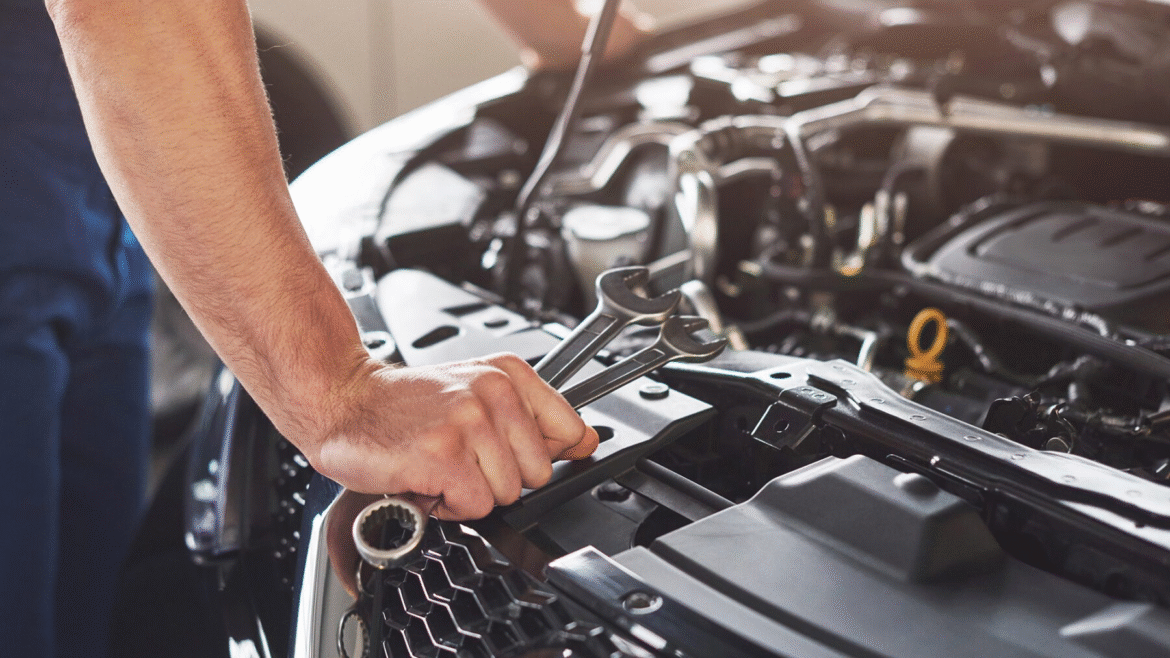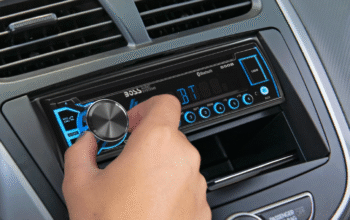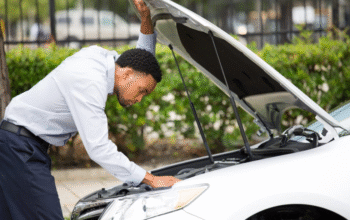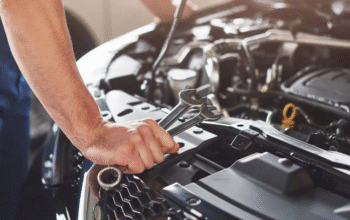Easy Car Engine Troubleshooting Tips for Beginners. If your car engine isn’t working properly, you’re not alone. Egine problems are some of the most common causes of breakdwns and also failures to start. The good news is that you don’t have to be a mechanic to know what is going on under the hood. With some basic tools and a little guidance, even novice can do some elementary troubleshooting to determine what the problem is.
In this article, we will cover the most common engine problems, what to look for, and what you can do to fix or inspect them yourself.
Why Engine Troubleshooting Matters
Your engine is the heart of your car. When something’s not woking right, your entire vehicle can suffer. Troubleshooting early can help you:
- Avoid expensive repairs
- Prevent breakdowns on the road
- Improve performance and fuel economy
- Extend your car’s life
That’s why it’s important to learn the basics, even if you’re just starting out.
Tools You Might Need
Before diving in, gather a few basic tools that will mke your troubleshooting easier:
- A basic set of wrenches and screwdrivers
- OBD2 scanner (for reading engine codes)
- Flashlight
- Multimeter (for checking battery and electrical issues)
- Clean rags or paper towels
- Safety gloves
Don’t worry if you don’t have all these right away. Many simple checks can be done with just your eyes, ears, and a little patience.
Common Engine Problems and How to Check Them
Let’s walk through some of the mst frequent car engine issues and how beginners can identify them.
1. Engine Won’t Start

One of the most frustrating situations is turning your key or pushing the button—only to hear nothing or a clicking sound.
Possible Causes:
- Dead battery
- Bad starter motor
- Faulty ignition switch
- Fuel system problems
What to Check:
- Make sure the battery terminals are clean and tight.
- Try turning on your headlights. If they’re dim or don’t turn on, it’s likely a battery issue.
- Listen for a clicking sound when trying to start—this usually points to a weak battery or bad starter.
- If the battery is fine, check the fuse box for blown fuses.
2. Engine Cranks But Won’t Start
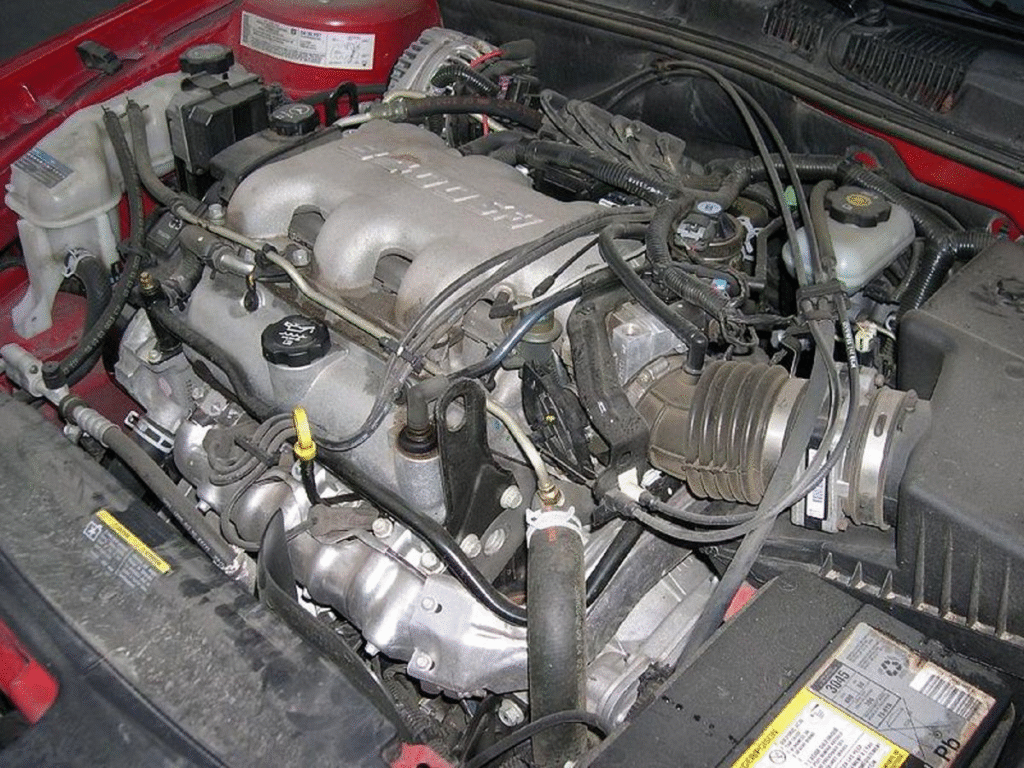
Sometimes the engine turns over, but it just won’t fire up.
Possible Causes:
- No fuel reaching the engine
- Spark plug issues
- Fuel pump failure
What to Check:
- Make sure there’s enough fuel in the tank.
- Check the fuel pump by turning the ignition to the “On” position—you should hear a faint hum.
- Remove and inspect spark plugs. They should be clean and not soaked in fuel or oil.
3. Rough Idling or Shaking

If your engine feels shaky or unstable when the car is running but not moving, this could indicate a few problems.
Possible Causes:
- Dirty air filter
- Clogged fuel injectors
- Bad spark plugs
- Vacuum leak
What to Check:
- Inspect the air filter under the hood. If it’s dirty, replace it.
- Check spark plug condition and spacing.
- Look for cracked or loose vacuum hoses.
- Use a fuel injector cleaner in your gas tank (available at most auto parts stores).
4. Engine Overheating

An overheating engine can cause serious damage if not addressed quickly.
Possible Causes:
- Low coolant level
- Broken radiator fan
- Faulty thermostat
- Leaking hoses
What to Check:
- Open the hood (only after the engine cools down).
- Look at the coolant level in the overflow tank—it should be between the minimum and maximum lines.
- Check for any obvious leaks or puddles under the car.
- Look for a broken or non-spinning radiator fan.
- Turn on the heater—if it doesn’t blow hot air, your thermostat might be stuck.
5. Engine Warning Light (Check Engine Light)

That little orange or yellow icon can mean many things. But you don’t have to guess.
What to Do:
- Use an OBD2 scanner to read the error code. You can buy one for under $30 or borrow one from many auto parts stores.
- Plug it into the port under your dashboard, usually below the steering wheel.
- The scanner will give you a code like P0301, which you can look up online to find out what’s wrong.
Common issues that trigger the check engine light include:
- Loose gas cap
- Misfiring cylinders
- Emissions system issues
- Faulty oxygen sensors
6. Poor Fuel Efficiency
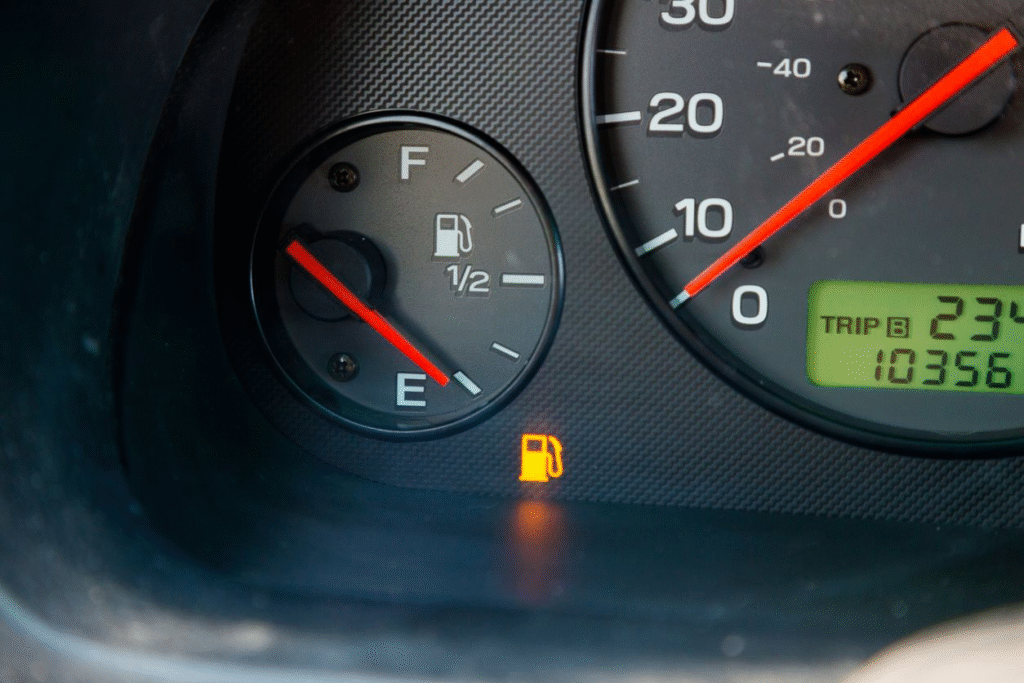
If your car is using more fuel than usual, it could be a sign of an engine issue.
Possible Causes:
- Dirty air filter
- Worn spark plugs
- Low tire pressure (affects engine workload)
- Faulty sensors
What to Check:
- Replace your air filter if it looks clogged or dark.
- Check spark plugs for carbon buildup.
- Make sure tires are inflated to the correct PSI.
- Use a scanner to check for faulty oxygen or MAF sensors.
Basic Preventive Maintenance Tips
Troubleshooting is easier when your car is well maintained. Follow these basic tips to reduce your chances of engine trouble:
- Change engine oil every 3,000 to 5,000 miles or as recommended
- Replace air filter every 12,000 to 15,000 miles
- Replace spark plugs every 30,000 to 50,000 miles
- Use high-quality fuel and additives to keep your engine clean
- Keep coolant and other fluids at proper levels
When to Call a Mechanic
While many issues are beginner-friendly, some problems require professional help. Contact a mechanic if you experience:
- Loud knocking or tapping noises
- Thick smoke from the exhaust
- Sudden loss of power or stalling
- Persistent overheating
- You’re unable to identify the issue with tools
Trying to fix complex problems without experience could do more harm than good.
Final Thoughts
Easy Car Engine Troubleshooting Tips for Beginners. Troubleshooting your car’s engine doesn’t have to be daunting. It simply requires you to follow the basics: listen to your engine and observe its symptoms, check the usual suspects such as fluids, filters, and battery connections, and if you wish to try something technical, use an OBD2 scanner to quickly assess when the check engine light is lit.
Even if you cannot remedy the problems yourself, knowing what the problem is will help you finalise any discussion with a mechanic, and you will save time and ultimately money and stress!
With a little practice and a desire to learn, you will build confidence to resolve many engine issues that may occur and keep the car running well.

